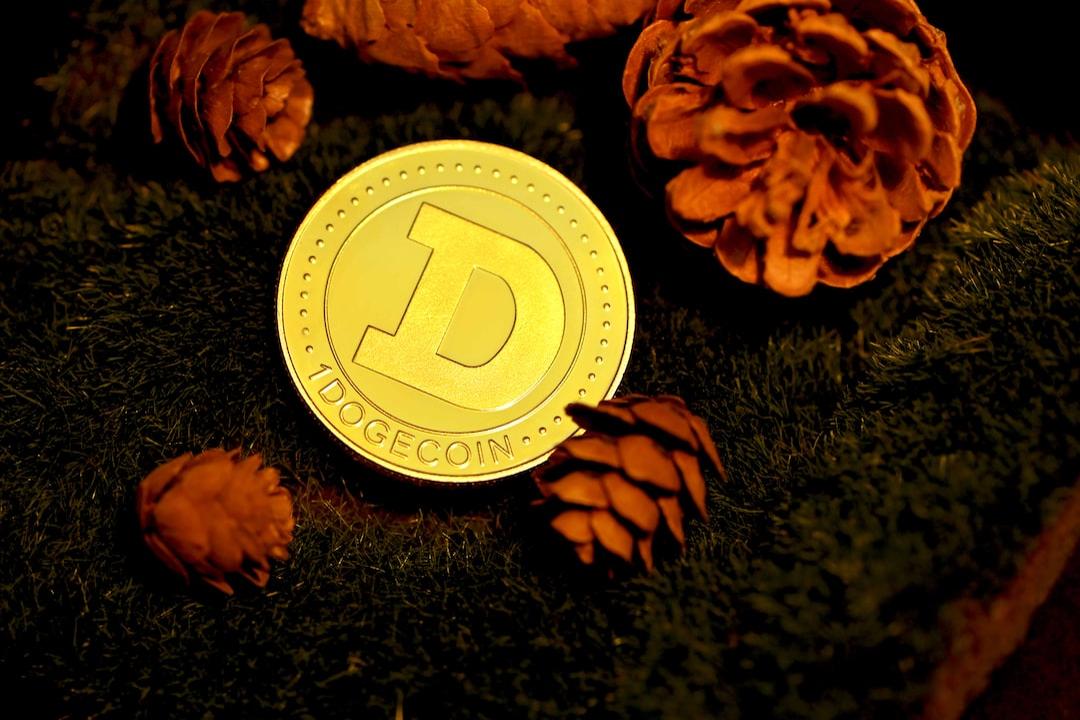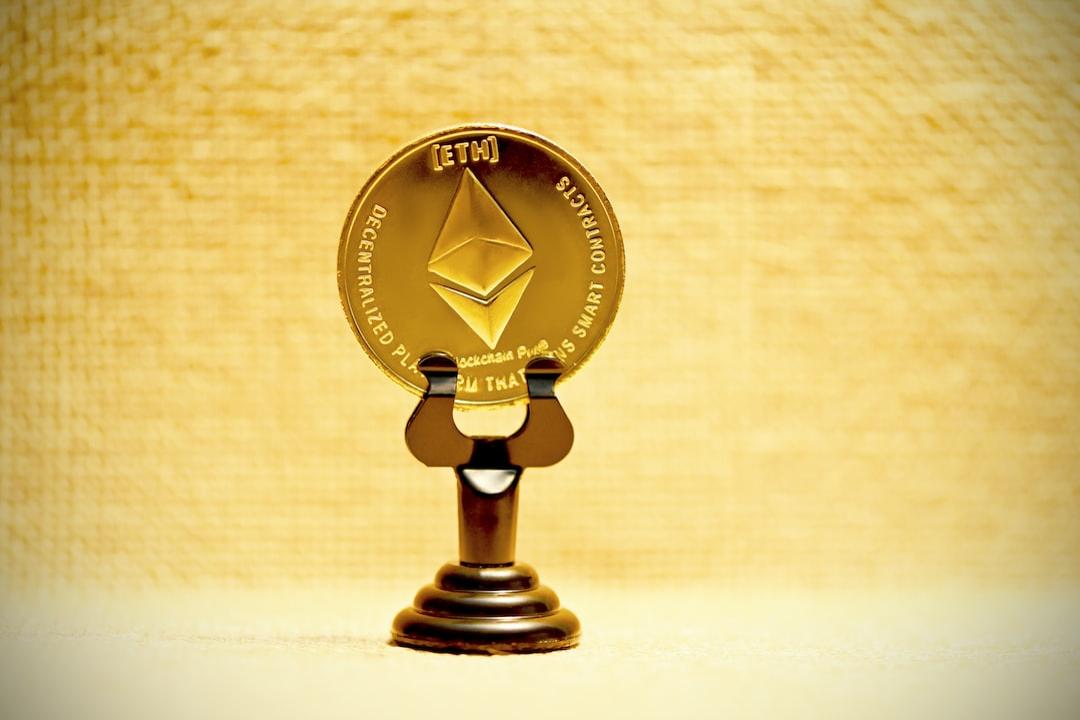
Top Taiwanese Economists and Financial Experts Critique Bitcoin – Should Bitcoin be Included in Foreign Exchange Reserves? Will Bitcoin Disrupt Global Financial Order?
Trump’s move to include Bitcoin in the United States’ strategic reserves has presented a challenge to central banks and public sectors around the world, triggering changes in monetary policy and fiscal guidelines. In response to this global shift in the monetary system, this forum, hosted by the Bitcoin and Virtual Asset Development Association, co-organized by the New Generation Financial Foundation, and with the participation of BitoPro Group, MaiCoin, Citic Financial Management College, and OGG Blockchain Consulting, gathered Taiwan’s three leading economists for the first time in history: Professor Hsu Jia-Dong, Chairman Wu Zhong-Shu, Professor Lin Jian-Fu, Professor Liu Yi-Ru (Monetary Expert), Chairman Chen Chong (Financial Expert), and experts in virtual assets. They conducted an in-depth analysis of the feasibility of Bitcoin as a national reserve and its potential impact on future financial markets. This is Taiwan’s first detailed discussion of Bitcoin’s application at the national level and provides forward-thinking regulatory strategies for the digital asset era.
The forum extensively covered the following topics:
The event opened with a speech by Professor Zhang Zhen-Shan, Director of the Securities and Futures Bureau of the Financial Supervisory Commission, who elaborated on the Financial Supervisory Commission’s key regulatory framework for virtual assets in Taiwan’s four stages and emphasized the Commission’s focus.
Former Premier, Professor Chen Chong, gave a keynote speech discussing the current international geopolitical and economic landscape, exploring the opportunities and impacts digital assets may present. He specifically highlighted Trump’s positive stance on virtual assets and emphasized that digital assets are like a “weapon,” urging Taiwan to carefully evaluate and align with global trends.
The first keynote lecture was delivered by Professor Liu Yi-Ru, former Minister of Finance, who analyzed the definition and principles of national reserves from the perspective of monetary theory, and discussed the possibility of Bitcoin becoming part of national reserves. Professor Liu pointed out that Bitcoin is considered a revolutionary asset in the financial system, particularly when public trust in governments wanes, making it a popular hedging choice. Stablecoins, on the other hand, are seen as strategic tools used by Trump to reinforce the international status of the U.S. dollar.
The first panel discussion, hosted by Professor Liu Yi-Ru, continued the theme of the keynote lecture, with participation from Professor Hsu Jia-Dong (Professor of the Soochow University Gu Lian-Song Memorial Lecture and former Vice Governor of the Central Bank), Chairman Wu Zhong-Shu of the Taiwan Institute of Economic Research, Senior Advisor Li Jian-Si from the Foreign Trade Association, and Lawyer Lin Hong-Yu, Chairman of the Bitcoin and Virtual Currency Development Association. They discussed the nature and definition of Bitcoin and whether it could be considered as a form of foreign exchange reserves. Chairman Wu emphasized that Bitcoin’s high volatility makes it unsuitable for use as a currency at present. However, Professor Liu Yi-Ru argued that the development of stablecoins is indirectly promoting Bitcoin’s adoption as a transaction medium. Senior Advisor Li Jian-Si stressed that the Bitcoin system is highly stable with a constant total supply, which will not be affected by external factors. Lawyer Lin Hong-Yu analyzed Bitcoin’s market value, noting that when Bitcoin’s price remains at $90,000, its market capitalization is comparable to that of the New Taiwan Dollar and emphasized Bitcoin’s high divisibility.

The second panel discussion focused on the intrinsic value of Bitcoin. Professor Hsu Pei-Ling, Associate Professor and Director of the Fintech Institute at Citic Financial Management College, Liu Yi-Cheng, Chief Technology Officer at Citic Financial Holding, Liu Shi-Wei, Founder and CEO of MaiCoin Group, and Zheng Guang-Tai, Founder and CEO of BitoPro Group, gathered to explore this topic. Liu Yi-Cheng noted that Bitcoin should be viewed as a commodity because it does not generate revenue, while USDT and USDC are backed by U.S. government bonds and produce income, making this feature easier to understand. He further pointed out that U.S. institutions have begun to recommend adding Bitcoin to asset portfolios to enhance returns. MaiCoin Group’s Founder Liu Shi-Wei analyzed that U.S. government bonds carry high interest payments, and Taiwan could issue stablecoins backed by New Taiwan Dollars or reserves and even use NTD to buy U.S. government bonds to serve the U.S. market. BitoPro Group’s Founder Zheng Guang-Tai emphasized that regulatory issues remain the primary challenge faced by exchanges.

Dr. Ge Ru-Jun, a legislator specializing in technology, shared his first-hand experience attending the inauguration of U.S. President Trump and reflected on the U.S.’s virtual asset policy direction. Bitcoin is redefining value standards, and the current financial system still suffers from a lack of transparency. The future development of the digital economy is expected to surpass the physical economy. Regarding Taiwan’s policy direction, he suggested referring to the U.S. Strategic Reserves Act to evaluate Bitcoin’s feasibility as a national reserve asset, to seize the initiative in the global financial transformation.

The third panel discussion shifted focus to the recent research being conducted by central banks on the adoption of stablecoins. The discussion was led by Chairman Chen Chong of the New Generation Financial Foundation and Professor of Soochow University, along with Dai Ji-Quan, President of the Science and Technology Report and former Chairman of the EasyCard Corporation, Vice Chairman and Executive Director Wen Hong-Jun of the Taiwan Financial Technology Association, and Professor Lin Meng-Xiang, Director of the Department of Financial Technology Applications at Ming Chuan University. They discussed Taiwan’s and other governments’ shared trend regarding stablecoins, exploring the opportunities and challenges associated with them. Vice Chairman Wen Hong-Jun pointed out that stablecoins are digital tokens pegged to fiat currencies but noted that the pace of regulatory development in Taiwan and the U.S. is relatively slow. The largest stablecoin, Tether (USDT), is not formally regulated in the U.S., which has tacitly accepted it, possibly due to Tether’s stabilizing role in the U.S. dollar’s international status. In contrast, Circle is actively cooperating with regulators to seek a legal and compliant development path. Market observations show that many traditional financial institutions have started exploring the possibility of asset tokenization, and stablecoins are seen as an important gateway to Web3. Currently, the global real-world assets (RWA) market is valued at $900 trillion, supported by the global M2 money supply of approximately $90 trillion. Professor Lin Meng-Xiang stated that if Taiwan does not issue Central Bank Digital Currency (CBDC) or competitive stablecoins in the future, it may lose its influence in the blockchain financial market, which would affect Taiwan’s global competitiveness in the digital economy.

The fourth panel discussion, led by Wu De-Wei, Partner at Acorn Pacific Venture Fund, Hu Yi-Tian, Co-founder and CEO of Yuanbo Capital, Professor Lin Jian-Fu, Chief Economist at Citic Financial Holding, and Jian Shu-Yong, International Compliance Manager at Binance, focused on international virtual asset markets and the latest trends in Bitcoin. Experts presented divergent opinions. Economist Lin Jian-Fu reminded that stablecoin and CBDC regulatory issues are gaining attention. Cryptocurrencies have become a global trend, with the U.S. attempting to enhance its international competitiveness by introducing cutting-edge technologies like cryptocurrencies and artificial intelligence (AI). He emphasized that, compared to CBDC, he supports stablecoins, as they can circulate freely on the blockchain and maintain privacy, whereas CBDCs might be used by governments to monitor financial flows, infringing on individual privacy rights. On the other hand, Hu Yi-Tian pointed out that the U.S. operates like a corporate entity that requires efficient management, suggesting that Bitcoin could be used as a strategic asset for the country and proposing the potential solution of converting debt into equity to alleviate national debt pressure. Binance’s International Compliance Manager Jian Shu-Yong stated that cryptocurrencies provide younger generations with opportunities to transcend class barriers. He also mentioned Hong Kong’s Securities and Futures Commission’s recent launch of the ASPIRe (Regulatory Framework for Virtual Asset Trading Platforms), which aims to create a global order book mechanism to enhance market liquidity and further strengthen Hong Kong’s position as an international cryptocurrency financial center.

This content is provided officially and does not represent the views or investment advice of this site. Readers should conduct their own prudent evaluation.
Bitcoin Momentum Slows! Leverage Risks Mount as Market Eyes Key Support at $110,000
On-Chain Analysis Company Glassnode ReportsOn-chain analysis company Glassnode noted in it…
